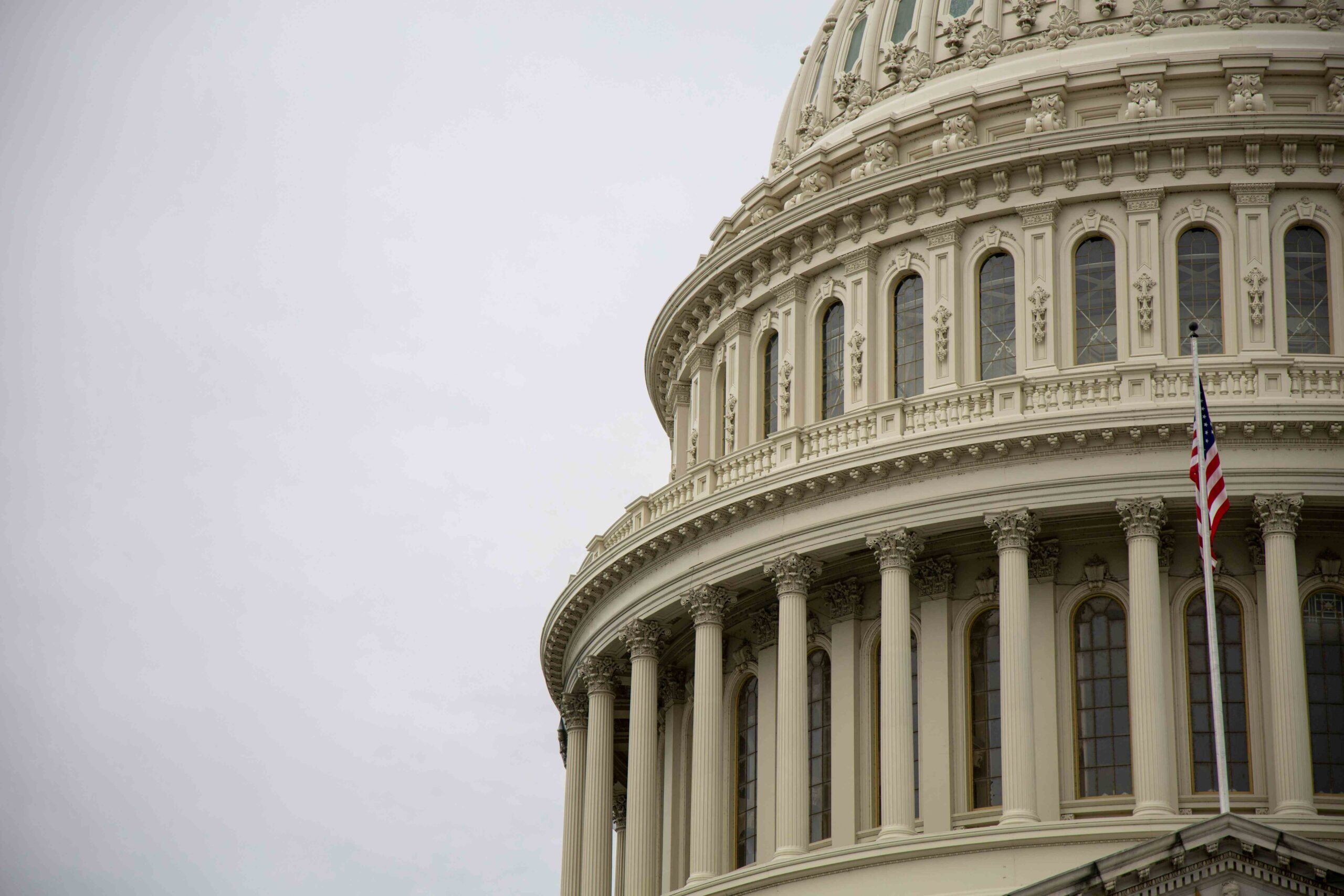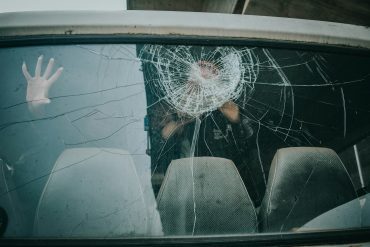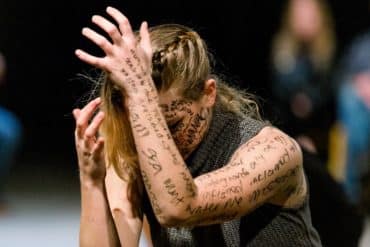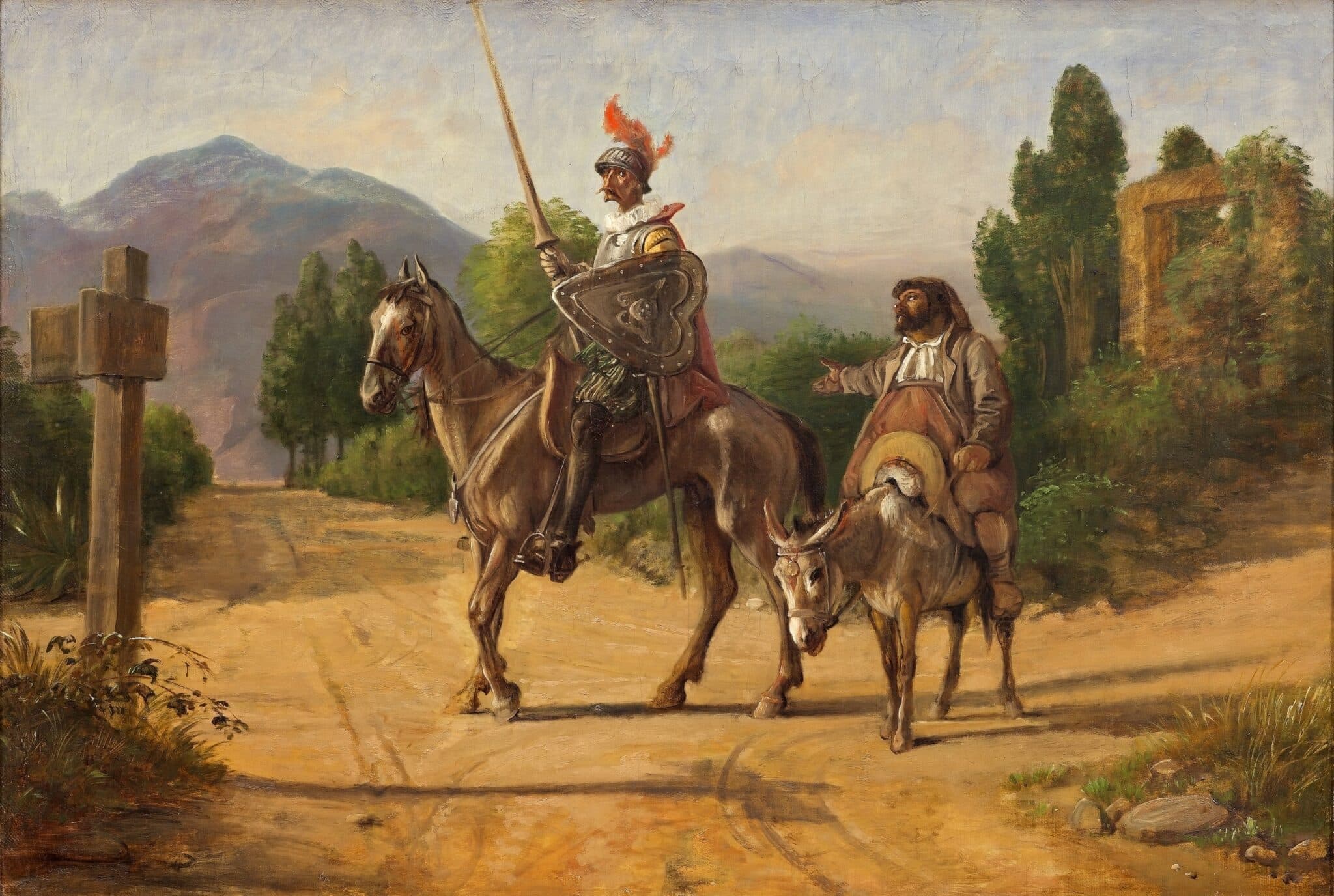I still aim to engage in the process of life, commit to a meaningful purpose, and structure my life around an intrinsically satisfying activity. For me, I will continue writing as a way to make sense of what it means to be alive.
Adventures in Examining Life
AUTHOR’S MEMO
It’s always been my natural inclination to make sense of myself and the world through writing. The process of writing nonfiction and fiction has offered a way to examine my inner life—the churn of my thoughts, feelings, and reflections. A method for exploring ideas that have captured my imagination. A means for understanding the human condition. A way to discover the truth. Fundamentally, writing has allowed me to ask important questions. Who am I? What is my purpose? How should I live?
While experimenting with different genres—including travel and science writing, memoir, literary journalism, and fiction—I fell in love with the personal essay genre a decade ago. The verb essay means to try or attempt. Likewise, the personal essay genre allows writers to contemplate, experiment, and discover. It’s an exhilarating and versatile genre that provides a space for writers to interrogate the world and reflect on themselves. Through the personal essay genre, I have arrived at insights about myself and my life that have led to a better understanding of why certain events might have happened. I have been able to make sense of childhood traumas and reframe painful events into personally meaningful stories. In doing so, I have loosened the grip these events hold on my psyche.
I’ve recently discovered autoethnography, a field that involves interrogating oneself while zooming out to examine large sociocultural issues. The practice of autoethnography urges the writer to pull out from introspection and enlarge their explorations past their own experiences—from the personal to the general, the particular to the universal, from experiences to artifact. When done well, such explorations allow the reader to get some distance from their own life and perhaps make sense of experiences that were previously hard to comprehend.
An essayist I find helpful on the artful possibilities of the essay, which I think applies to autoethnography as well, is Brenda Miller. Her insightful craft essay, “A Case Against Courage in Creative Nonfiction,” explores this shift from personal sense-making to artmaking. In it, Miller writes, “A good poem may begin in self-expression, but it ends as art, which means it isn’t really for the writer anymore, but for the reader who steps into and makes the experience of the poem her or his own.”
Yet in all my travels, I seldom looked inward. In my desire for new experiences, I didn’t understand what I was striving for or what my real feelings were. I was a stranger to myself.
In 2008, I enrolled in a PhD program at Penn State University to study physiology, the science of how the human body works. I’ve always been fascinated with the subject, from how the heart beats to how the brain perceives, and I excelled at it in college. Despite my passion for science, though, I knew the program was the wrong fit for me within the first few months of enrollment. I had worked in a small biotechnology lab after college and had found the work interesting, but an academic lab turned out to be unstimulating. The questions were too limited, and I couldn’t see myself teaching at a university or leading a lab at a school or company.
To be honest, I went to grad school only after failing the entrance exam for medical school. When the path I had spent over a decade preparing for was no longer available, I applied to doctoral programs to tidy up my next few years. Yet nine months into the PhD program, I transferred to a master’s program in physiology. I wasn’t going to spend the next five years in grad school, so my future was again open to possibilities. I wanted to leverage my science degree to do something that better suited my personality and skills, so I read a book about alternative careers in science. A chapter on science writing jumped out at me. I had a passion for writing and was fascinated by many areas of science, though mostly at the theoretical rather than the practical level. As I closed the book, I knew I didn’t want to “do” science. Instead, I would write about it.
While completing the requirements of my master’s degree, I sought an internship with my university’s research publications office. The editor took a chance on me, and I began interviewing scientists and writing newspaper-style science articles for the school paper. It was exciting to talk with experts in fields like entomology, materials science, and computer science and tackle the challenge of popularizing their research for general readers. By the time I graduated a year later, I knew I wanted to become a writer.
After earning my degree, I returned to Boston and applied for writing jobs. I didn’t want to work as a reporter at a newspaper or magazine, though. I was adamant about finding a position as a copywriter. The work seemed dynamic, creatively demanding, and even enjoyable. Eventually, I landed a copywriting position at a research company and cut my teeth on everything related to commercial writing, from brochures to videos and from articles to advertisements.
For the next ten years, I worked similar jobs at Boston-based research companies, nonprofits, a major hospital, and now a technology company. These were rough-and-tumble years, as I learned the business of turning science and medicine into persuasive material. At the same time, I was also writing fiction. I self-published two science fiction novels, cautionary tales of technology written in the style of a literary hero, Michael Crichton, author of Jurassic Park.
Between jobs and during two-week vacations, I traveled the world in search of adventure. I bungee jumped in New Zealand and ran the Paris marathon. I watched a sunrise from the top of Mount Kilimanjaro and rode my motorcycle across the United States, from New Hampshire to Southern California. Yet in all my travels, I seldom looked inward. In my desire for new experiences, I didn’t understand what I was striving for or what my real feelings were. I was a stranger to myself.
Maybe I could make a go of writing on my own, I thought. If I didn’t leap in my thirties, I might never do it.
It wasn’t until I began psychotherapy in my early thirties that I began to use my adventurous spirit to explore my mind and heart. With a kind, inquisitive social worker as my guide, I peered into my childhood, unearthed painful memories, and discovered a more authentic, less restless self. My path to psychotherapy began in Cambridge, MA, where I wrote about science at a biomedical research institute. I enjoyed the work, but I felt cooped up in the city and disenchanted with office life. I had self-published three novels and had many pieces of nonfiction. After several years of corporate work, I was itching to move on.
At the time, I was trying my hand at screenwriting. I wrote a feature-length screenplay that mirrored my time working as a corporate writer on the executive floor of a major research company. It earned second place in a contest and received an encouraging review from a director in Los Angeles. I had been a movie buff since I was a kid, and people were now telling me I might be good at writing screenplays. I began to wonder whether I should commit to writing movies. Maybe I could make a go of writing on my own, I thought. If I didn’t leap in my thirties, I might never do it.
I decided to quit my job and embark on a pilgrimage, a time to reflect on my life. My year-long journey would have three acts: First, I would backpack through China for three weeks to study traditional Chinese medicine, a journey I decided to undertake despite my proposal not being accepted for a Fulbright–National Geographic Storytelling Fellowship. Second, I would spend six weeks with my father in my hometown in the White Mountains of New Hampshire. Third, I would drive my 1982 Honda Nighthawk across the country to California to break into screenwriting.
The decision felt radical, perhaps akin to a midlife crisis. It was a time of great transition for me, and the commitment to quit my job and move to California to break into the competitive industry of screenwriting filled me with uncertainty and fear. Was I inspired or delusional? As I planned my travels, I read the novel Don Quixote by Miguel de Cervantes and wrote an essay that examined my doubts through the lens of the novel. The piece explored—defended—Don Quixote’s ability to delude himself into believing anything through magical thinking. Quixote could falsify reality to be convinced of any truth. I, too, had this capacity for reality distortion. The skill could lead to self-determination and had fueled various achievements in my life. But sometimes, it could also lead me into self-delusion.
A year into my California dream, I had yet to land a screenwriting assignment, and my body rebelled. I developed chronic lower-back pain and mysterious neurological symptoms, including aching joints and tingling limbs. For the first time in my life, I experienced anxiety, and two panic attacks landed me in the emergency room. Even after leaving the hospital, the panic was a constant, unwelcome companion. I didn’t recognize it then, but my body and brain were sending me messages that I was living a lie.
Knowing I was unwell, I decided to return to Boston to recover. I got a job as a writer for a hospital and enrolled in a master-of-fine-arts (MFA) program for fiction writing, and my life returned to how it had been before. With the return of safety and financial security and the help of good doctors and a therapist I trusted, I eventually made a full recovery. In time, I reflected on my failure. As I had suspected in my essay about Don Quixote, I had been out of touch with reality. Like Quixote, I had been tilting at windmills. Had I seen Quixote’s fantasies as a cautionary tale, I might’ve prevented my misfortune. Yet I had seen reality the way I wanted and paid a high price.
A year into working with my psychoanalyst, I asked him what he’d say to a colleague who asked what my “problems” were. He believed my main issues had to do with matters of selfhood. “I would tell my colleague,” he said, “Dustin needs to figure out who he is and what he wants.”
Friends and family were pleased to see me back on my feet, but they were troubled by the detail in which I wanted to unpack my struggles in California. They told me to move on and live my life, but I wanted to understand why things had happened the way they had. So, with the help of an insightful and humorous psychoanalyst, I attempted to make sense of why I had stumbled. Together, we arranged the events around my fall into a coherent narrative with a beginning, middle, and end.
As I began to recognize why I had made certain choices and why particular events had occurred, my body and mind began to settle. The lower-back pain subsided, and the anxiety and depressive symptoms lifted. I started to realize that when I set off on my pilgrimage, I had been running full tilt at my dreams, looking for excitement and adventure and trying to live an “authentic” life. However, I had been puffed up with hubris, and my goals had been unrealistic. I had deluded myself.
A year into working with my psychoanalyst, I asked him what he’d say to a colleague who asked what my “problems” were. Giving that my physical symptoms were clearly manifestations of unprocessed emotional or psychological troubles, he had diagnosed somatic symptom disorder, or psychosomatic illness. However, he believed my main issues had to do with matters of selfhood. “I would tell my colleague,” he said, “Dustin needs to figure out who he is and what he wants.”
With this feedback, I looked at my life through the lens of a self-concept issue. In terms of career, I enjoyed the excitement of writing creatively for businesses, but I felt I had outgrown my role as a hired gun. I had started to admire “real writers”: novelists, journalists, and essayists who explored the truth and wrote about things that mattered. As my discontent over writing marketing material for businesses grew, I often referred to myself as a corporate hack or a propagandist among friends and even colleagues.
At the same time, I was coming to terms with the fact that I didn’t fit into hierarchical corporate environments. I began to see them as dictatorships sometimes populated by authorities who were illegitimate due to their lack of skill, untrustworthiness, or lack of purpose other than to maintain existing power structures. More and more, I was compelled to question and challenge the illegitimate authorities I encountered in office settings.
Even now, my therapist’s words ring in my ears, and I continue to ask myself: who am I, and what do I want? While I have perhaps grown out of my role as a writer for businesses, I haven’t figured out what to do next. There is still a disconnect between who I am and who I think I can be as a writer. It’s the dream of any writer to be able to write what we want, when we want, without having to worry about money. While I have had some publishing success with nonfiction and even some short fiction, I haven’t yet figured out how to make a living from my creative work. Even now, I work to close the gap between my present self and the idealized self I hope to become.
In this respect, I remind myself that I won’t ever “arrive.” No relationship and no amount of money, status, or power will bring me the life I think I desire. Chasing such things is to pursue an illusion and could be the path to despair. Indeed, even when I get what I want, I acclimate to a set of new problems. I now know that my life will never be free of struggle. With this in mind, I still aim to engage in the process of life, commit to a meaningful purpose, and structure my life around an intrinsically satisfying activity. For me, I will continue writing as a way to make sense of what it means to be alive.
Reference
Miller, B. (2011). A case against courage in creative nonfiction. The Writer’s Chronicle, October/November 2011, https://www.awpwriter.org/magazine_media/writers_chronicle_view/1595/a_case_against_courage_in_creative_nonfiction
Featured image of Don Quixote by Wilhelm Marstrand









